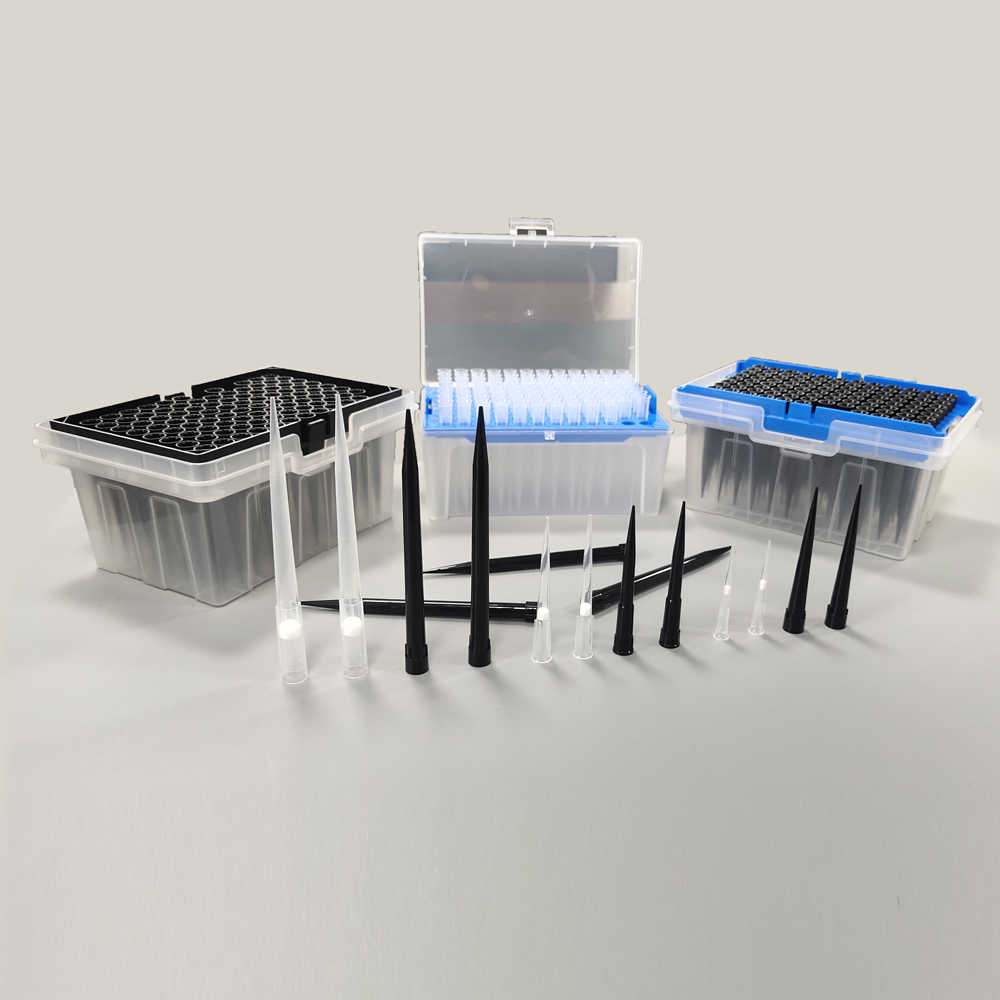According to the Central Meteorological Observatory, due to the influence of cold air, the temperature in most parts of the country is 1 to 2 °C lower. Among them, the western part of the south of the Yangtze River and the northern part of South China are about 3 °C lower. From the 21st to the 23rd, affected by cold air, there are obvious cooling and precipitation processes in most of the central and eastern regions. Most areas in the south have a temperature drop of 4-8 °C, and the temperature drop in some areas such as Jiangnan and Guizhou can reach 10-12 °C. From the 21st to the 22nd, there were small to moderate rain (snow) weather in most areas south of the Huaihe River, including heavy rain in parts of the Jianghuai, northern Jiangnan and eastern parts of the southwest. From the 23rd to the 25th, another weak cold air will affect the North China, Huanghuai and other places, and the temperature in the above areas will drop slightly.
North winter wheat area weather: On the 21st, the precipitation in the southeastern part of the northwestern region and the southern part of Huanghuai is 1 to 3 mm, and the local area is 5 to 8 mm. The temperature generally drops by 4 to 6 °C, accompanied by a northerly level of 5 wind. There is no obvious precipitation during the rest of the week.
Spring sowing in the south: In the next week, temperatures in parts of Jiangnan and South China will continue to be low, and there will be low-temperature and rainy weather with daily average temperatures below 12 °C for 3-4 days. Local areas in the western part of Jiangnan and northern China will be around 3 °C. The main rainfall period is from 21 to 22.
Concerns and suggestions
First, the southern region should strengthen farmland management to prevent possible low temperatures and waterlogging. The continuous rainy weather in the south of the Yangtze River and the southwestern part of the country will make the soil of the farmland heavier and heavier, which is unfavorable for the flowering and pod-forming of rapeseed. The humidity in the field is high, and it is easy to cause wheat stripe rust and rapeseed sclerotinia, and it is necessary to prevent possible waterlogging and Pests and diseases; low temperature and rainy weather in some parts of southern Jiangnan are unfavorable for early rice planting and breeding, which is easy to cause rotten species, and it is necessary to strengthen field management and strive to cultivate strong growth.
Second, precipitation weather in North China, Huanghuai and other places is beneficial to the growth of winter wheat. At present, the winter wheat in North China and Huanghuai is in the greening period. The soils in the northwestern part of the country, the western part of North China and the western part of Henan are insufficient. The precipitation process is beneficial to the soil conservation and winter wheat growth, and the North China and Huanghuai Days. The average temperature will be maintained at about 5-10 °C. Moderate low temperature will prolong the differentiation time of winter wheat spikes and facilitate the formation of large ears.
In addition, local governments should also pay attention to prevent adverse effects such as rain, snow, wind, cooling, and dust on transportation, facility agriculture, and people's lives.
Pipette tips are consumables commonly used in chemistry,biology,medicine to transport a measured volume of liquid.It has many types and specifications,transparent or black,with or without filter,max volume can be from 10ul to 1250ul. We produce the pipette tips in 100,000 grade cleaning room.So the tips we have are DNAse, RNAse free and sterilized.

Filter Pipette Tips,Non Filtered Pipette Tips,Pipette Tip Box,Low Retention Pipette Tips,Sterile Pipette Tips
Yong Yue Medical Technology(Kunshan) Co.,Ltd , https://www.yonyuepcrtube.com